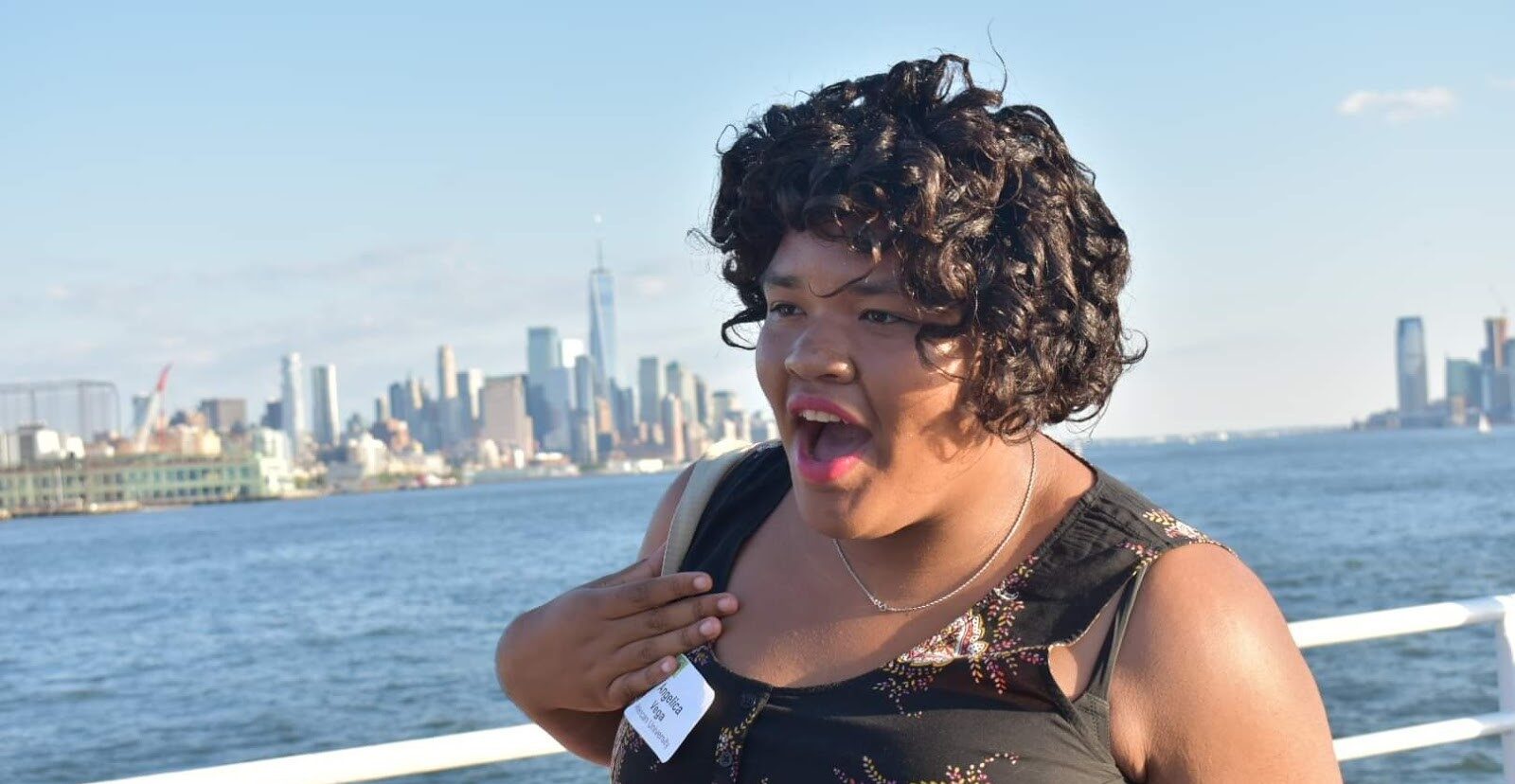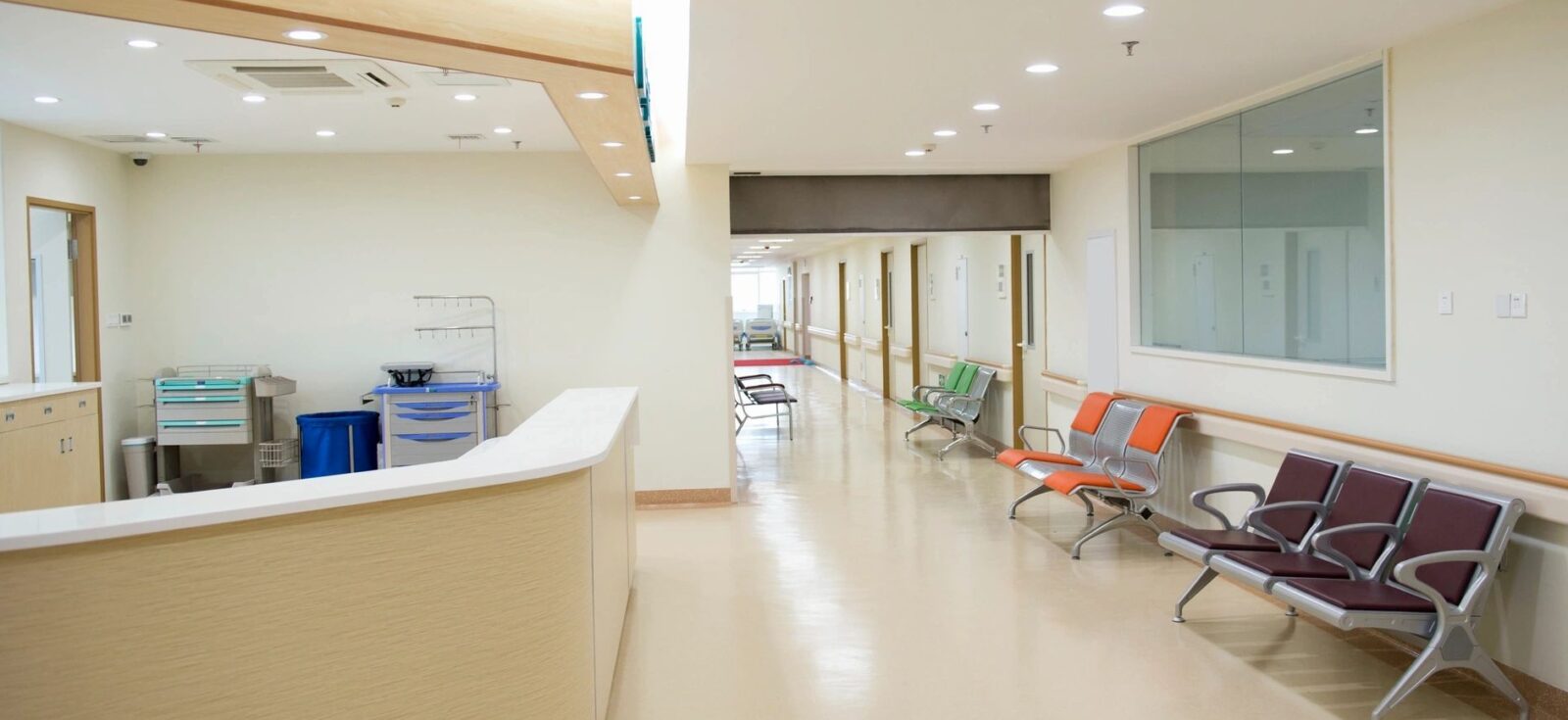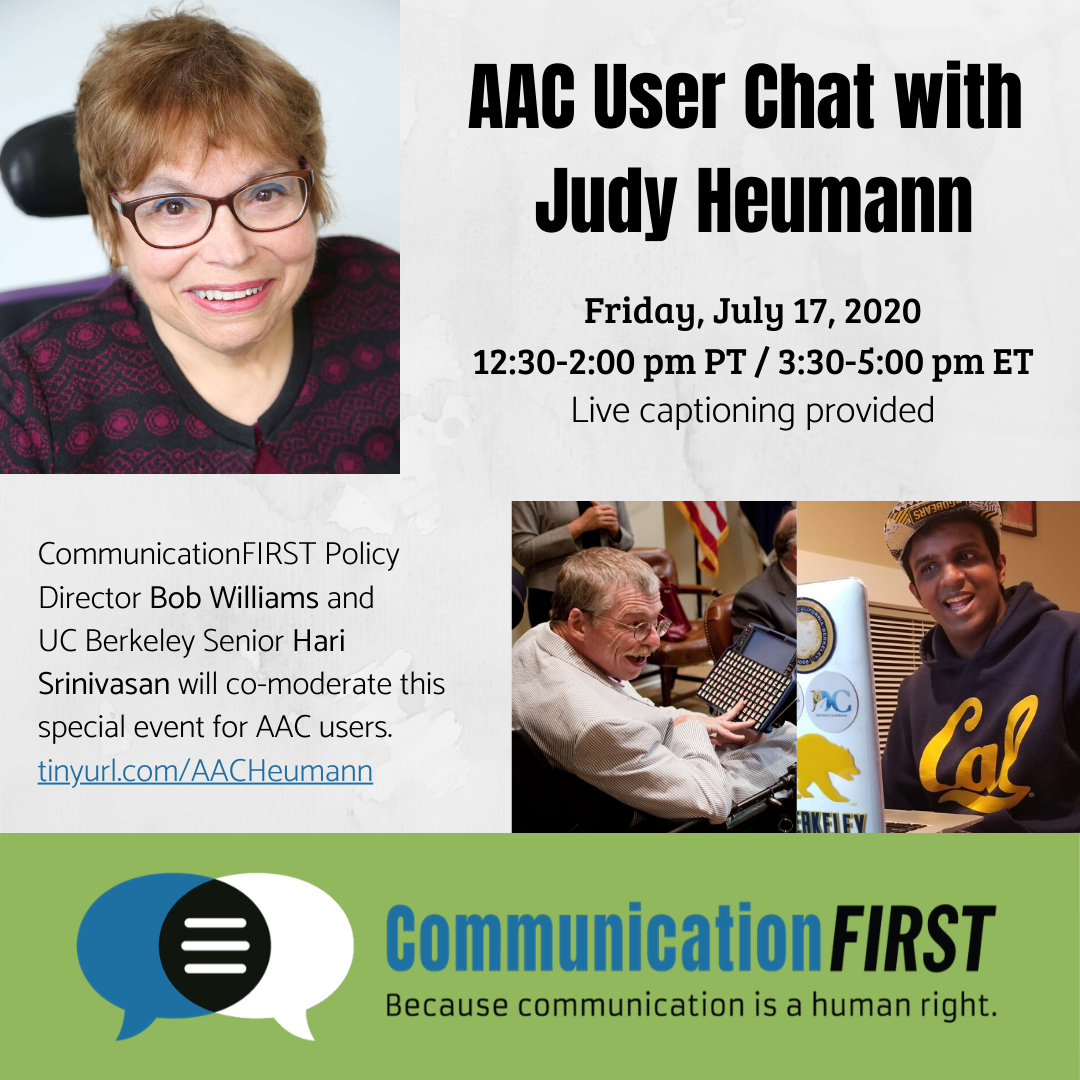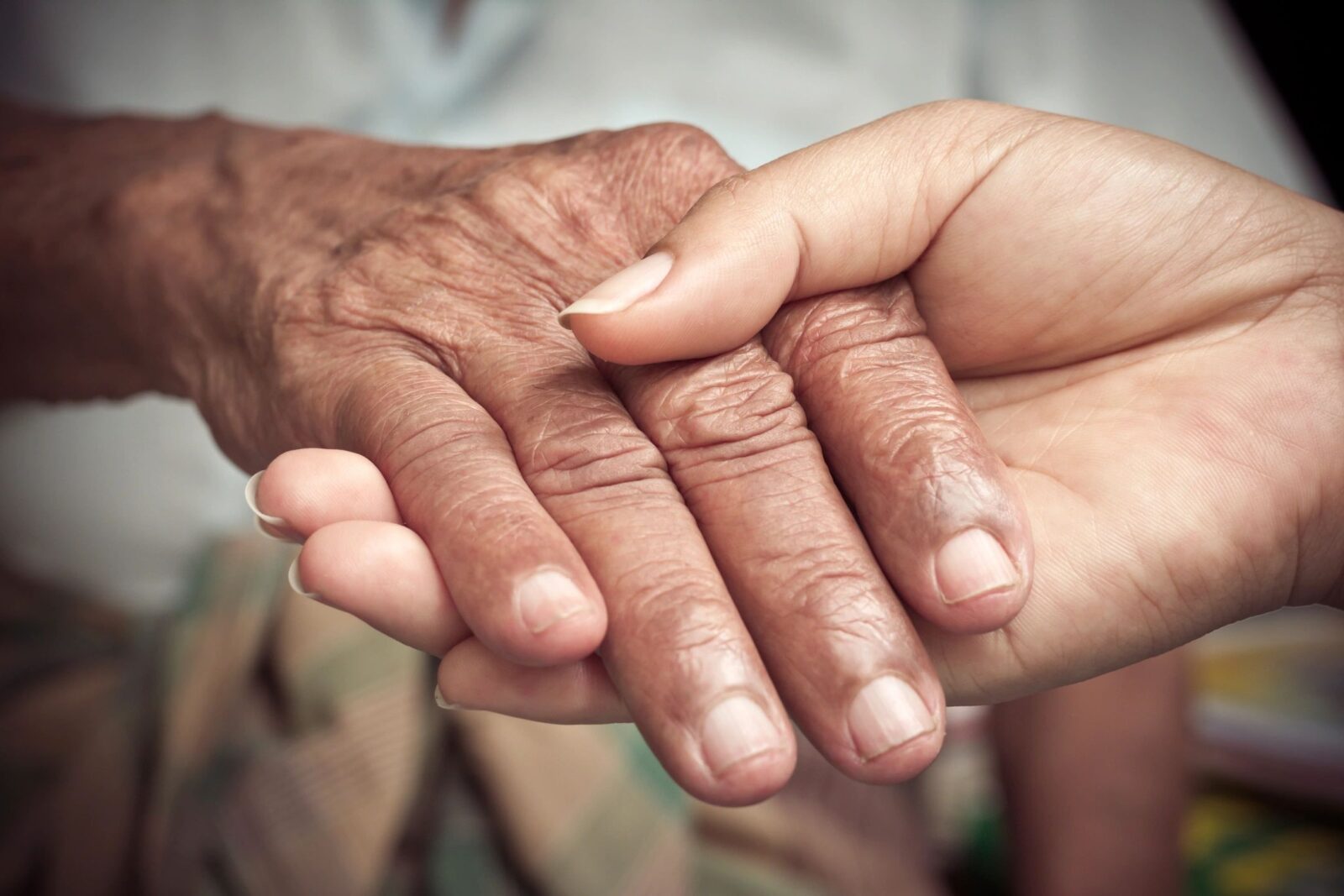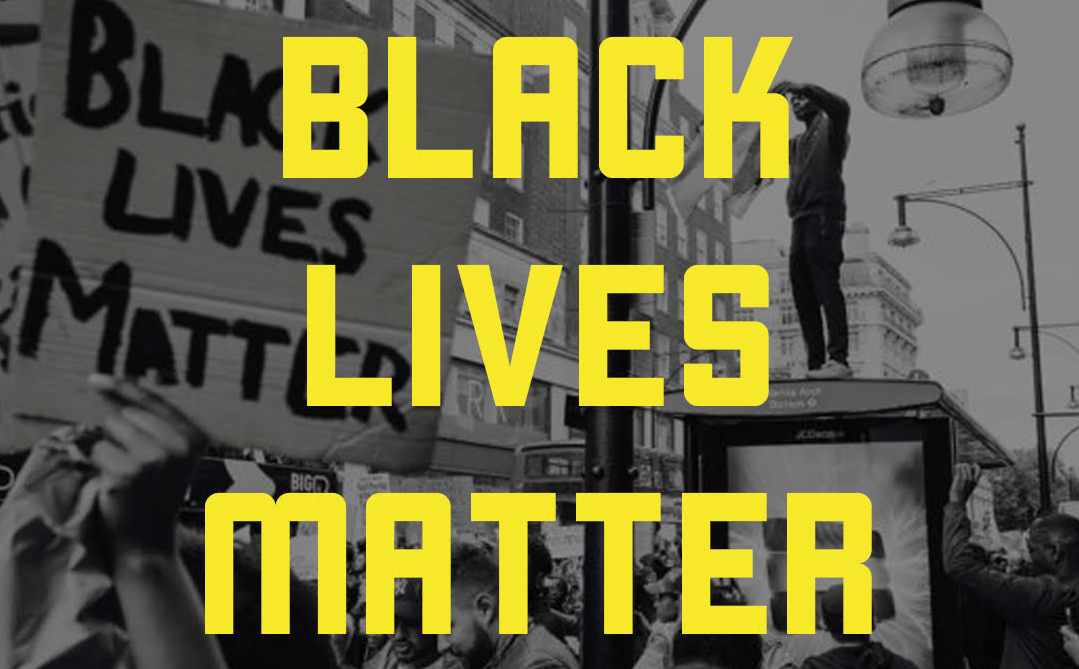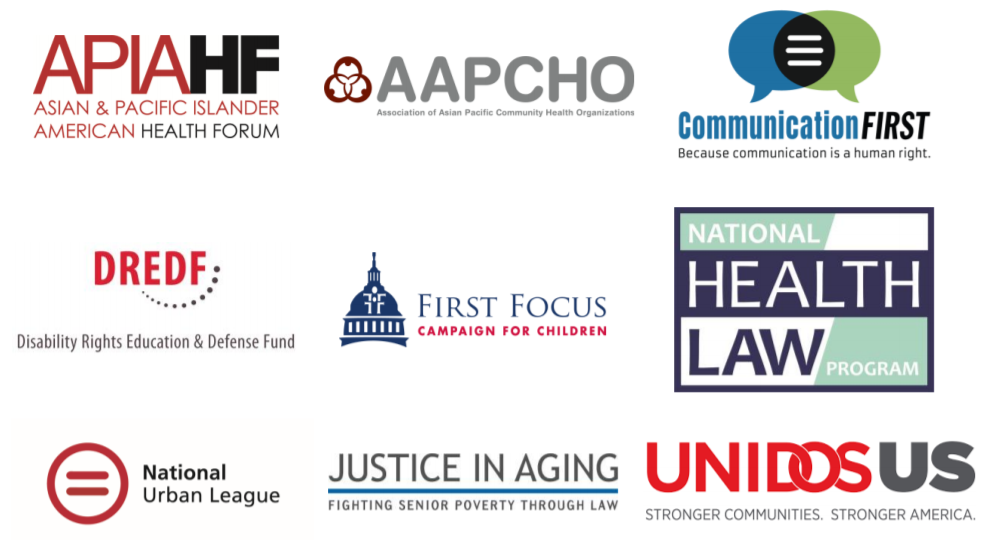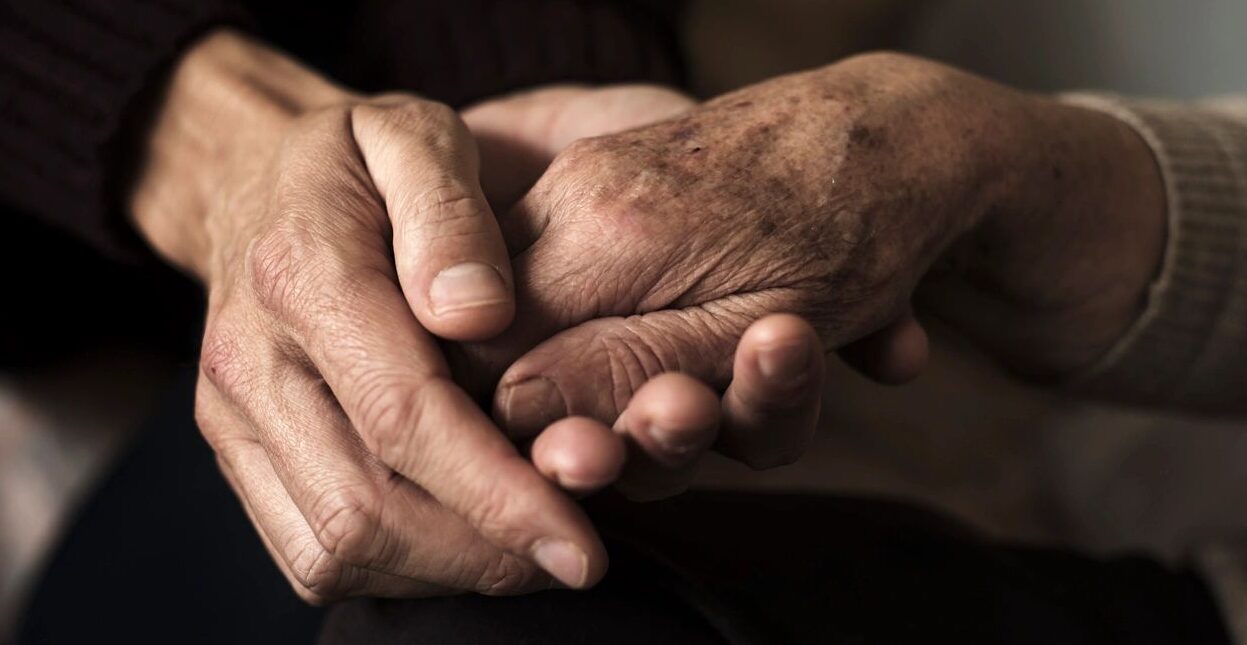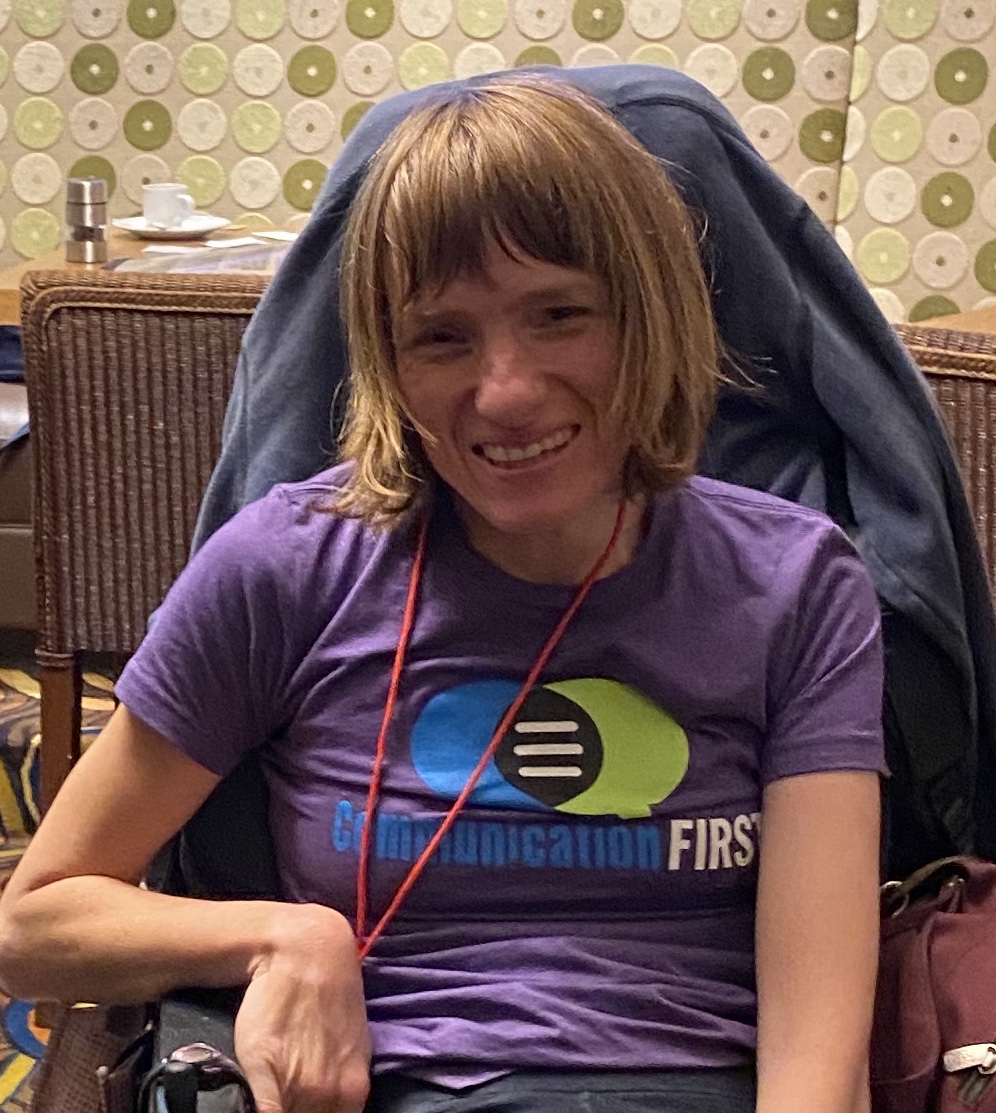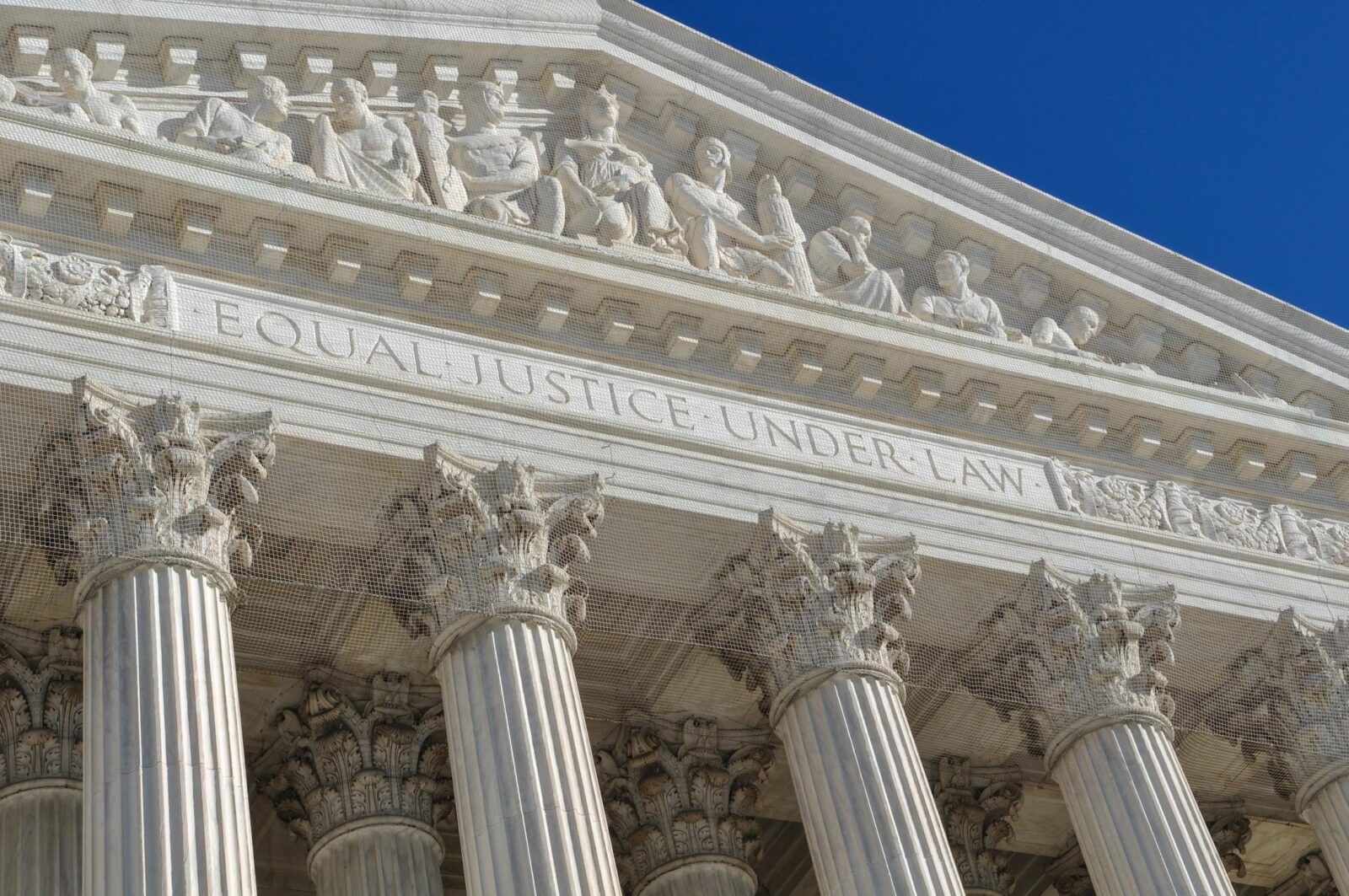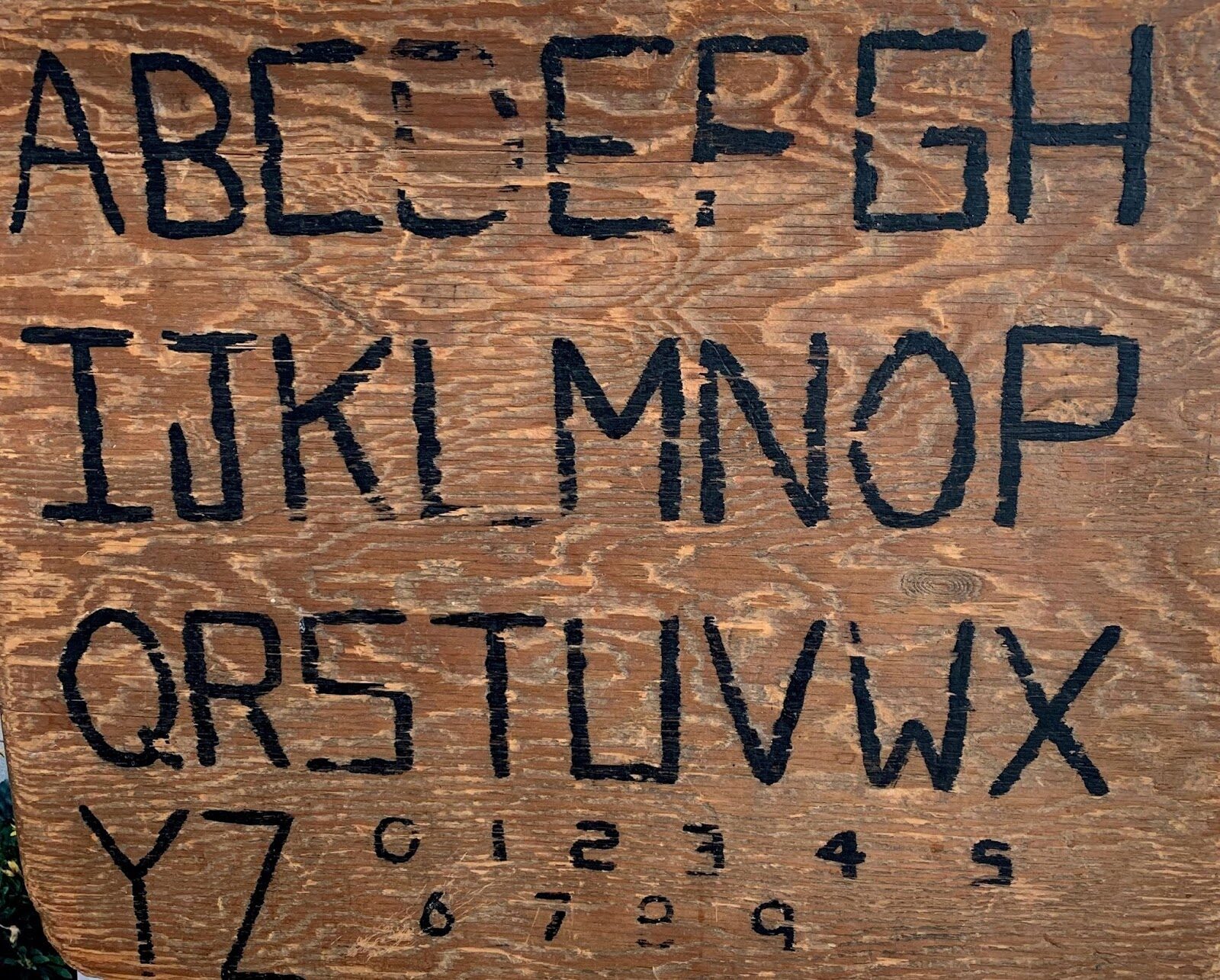Yesterday, CommunicationFIRST joined Disability Rights DC and other disability rights groups in filing a complaint against MedStar, a private hospital in the District of Columbia, for violating the communication rights of a patient for failing to provide him the in-person supports he requires to communicate with health care personnel and to provide informed consent.
Professor Simms’ course is an excellent example for instructors to follow, even after the pandemic ends. Open communication, with a commitment to disability inclusion in the classroom, is what ought to be exhibited by every instructor. Societal changes start at the community level, with education laying the foundation. As I watched my online commencement with my family and friends, I looked towards the future in hope, anticipating the day when the validation and accommodation of students and their experiences would be commonplace for all.
Yesterday, CommunicationFIRST joined an amicus brief in federal court in support of Washington state’s Attorney General to seek a preliminary injunction to prevent a regulatory rollback of communication protections in health care settings.
RICHMOND, Va. — On Friday, July 17, 2020, CommunicationFIRST joined a coalition of state and national disability groups sent a letter to Virginia Governor Ralph Northam urging him to ensure Virginia hospitals and other health care facilities comply with federal civil rights law and recent guidance from the Office for Civil Rights at the US Department of Health and Human Services to ensure patients with communication and other disability-related support needs are able to access the in-person supports they need while receiving medical treatment.
We are excited to host this special opportunity for AAC users to engage with civil rights legend and CommunicationFIRST Board Member Judy Heumann on July 17!
WASHINGTON, D.C. – Today, in response to the first federal complaint challenging discriminatory hospital “no-visitor” policies, the Office for Civil Rights (OCR) at the U.S. Department of Health & Human Services announced a resolution agreement making clear that federal law requires hospitals and the state agencies overseeing them to modify policies to ensure patients with disabilities can safely access the in-person supports needed to benefit from medical care during the COVID-19 pandemic.
Racism will not be defeated solely through the actions of those affected. We must work together toward this common goal. We will not, we cannot, be silent.
CommunicationFIRST today joins eight other national organizations that that work with and advocate for Limited English Proficient (LEP) populations, deaf and hard-of-hearing communities, blind persons, and people who cannot rely on speech to be heard and understood, in a letter to Congress urging it to ensure the federal response to…
We have received multiple calls from around the country about overly restrictive hospital “no-visitor” policies. These policies often allow visitors for patients without disabilities, including infants, children, women giving birth, and those at the end of life, but prevent access to the support people necessary for patients with disabilities.
Earlier today, CommunicationFIRST, together with Disability Rights Connecticut, the Center for Public Representation, and the Arc of the United States filed a complaint with the U.S. Department of Health and Human Services Office for Civil Rights (HHS OCR) regarding the failure to provide people with disabilities reasonable accommodations to hospital no-visitor policies in effect during the COVID-19 pandemic.
CommunicationFIRST has prepared a COVID-19 Communication Rights Toolkit, recognizing that our population—people who face significant barriers being understood with speech and accessing effective communication supports in the best of times—is likely to face even greater barriers to accessing our necessary communication supports if we are hospitalized due to a coronavirus infection.
I often wonder if something as basic as my name is so difficult for people to understand, then how are they supposed to understand anything about my personality, my core, the basic essence of my being. How was I supposed to come across as smart, snarky, sexy Melissa Crisp if everyone heard Marissa Crap tumble from my lips?
Washington, DC – A lawsuit filed today alleges that students with disabilities in Fairfax County Public Schools (FCPS) experience unjustified discrimination, psychological trauma, and physical harm from the widespread and improper use of restraint and seclusion.
We can and must advocate together for the human and civil right to effective communication for all children and adults, regardless of condition, disability, and support need. Here is why I believe this is CommunicationFIRST’s urgent, essential duty.
Does the “ID” Label Do More Harm Than Good? CommunicationFIRST recently submitted comments in response to the American Psychiatric Association’s…


